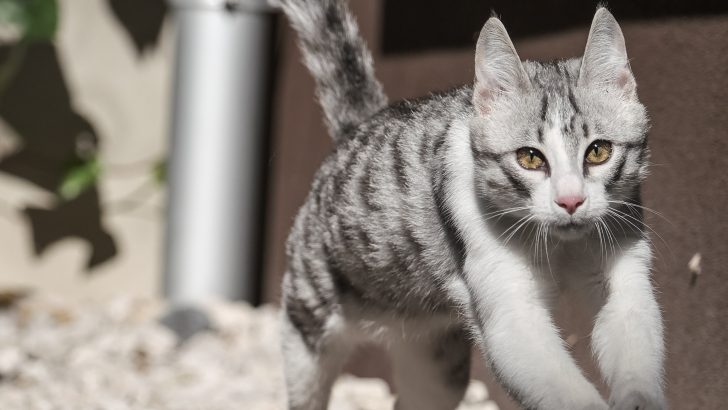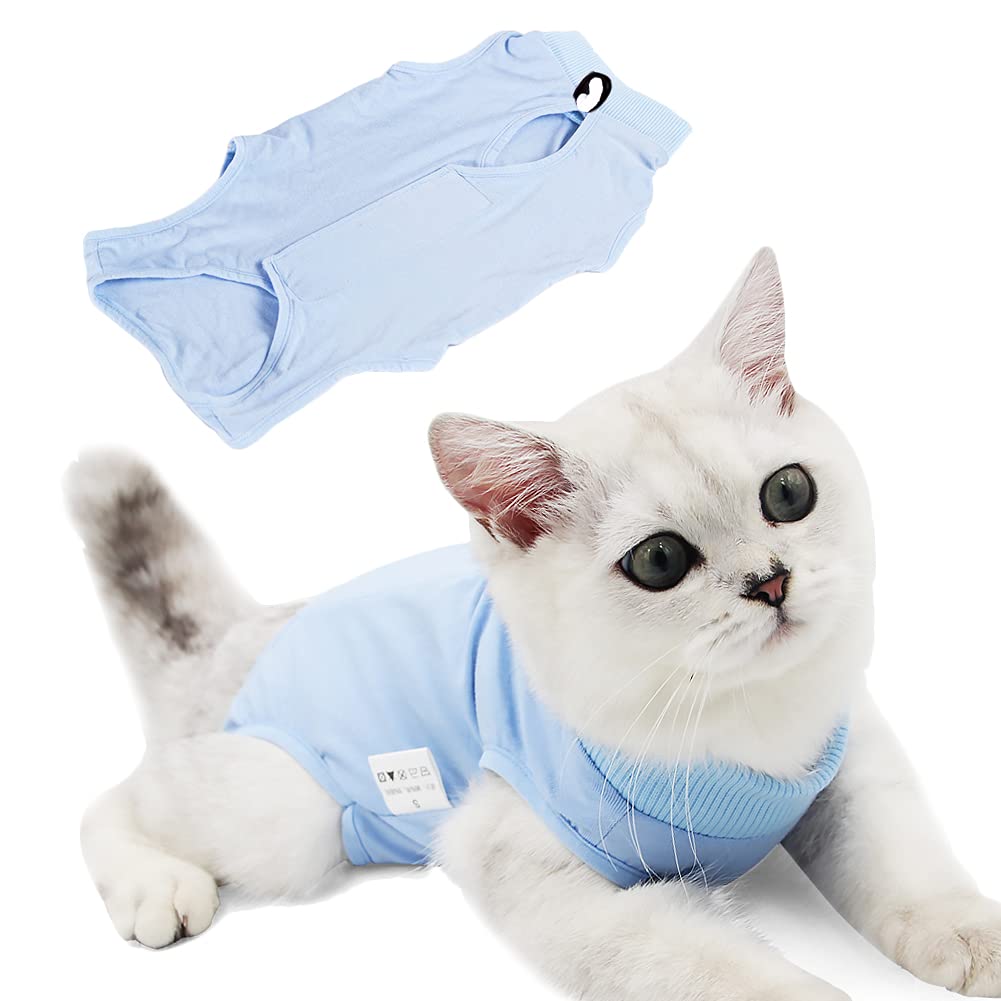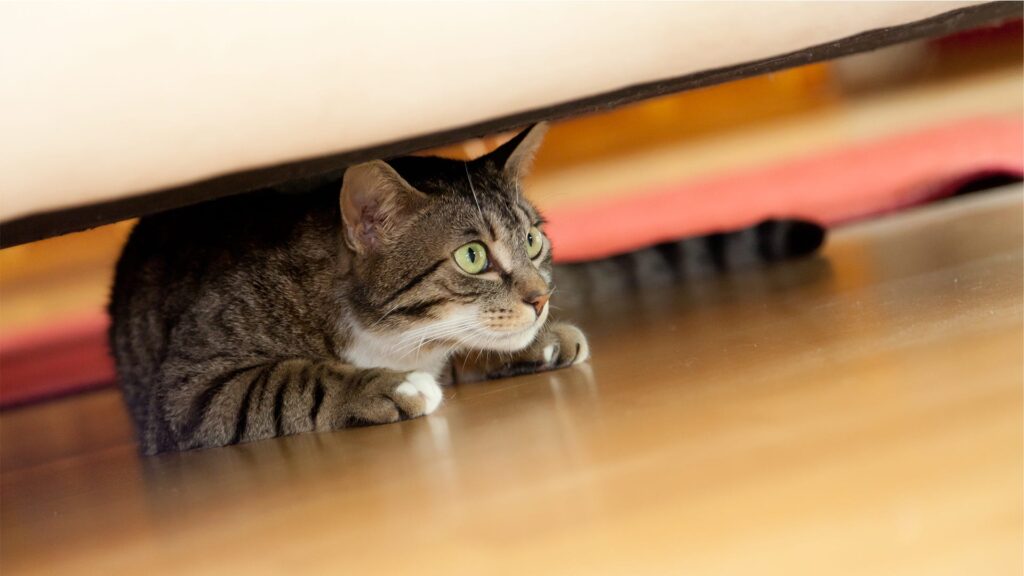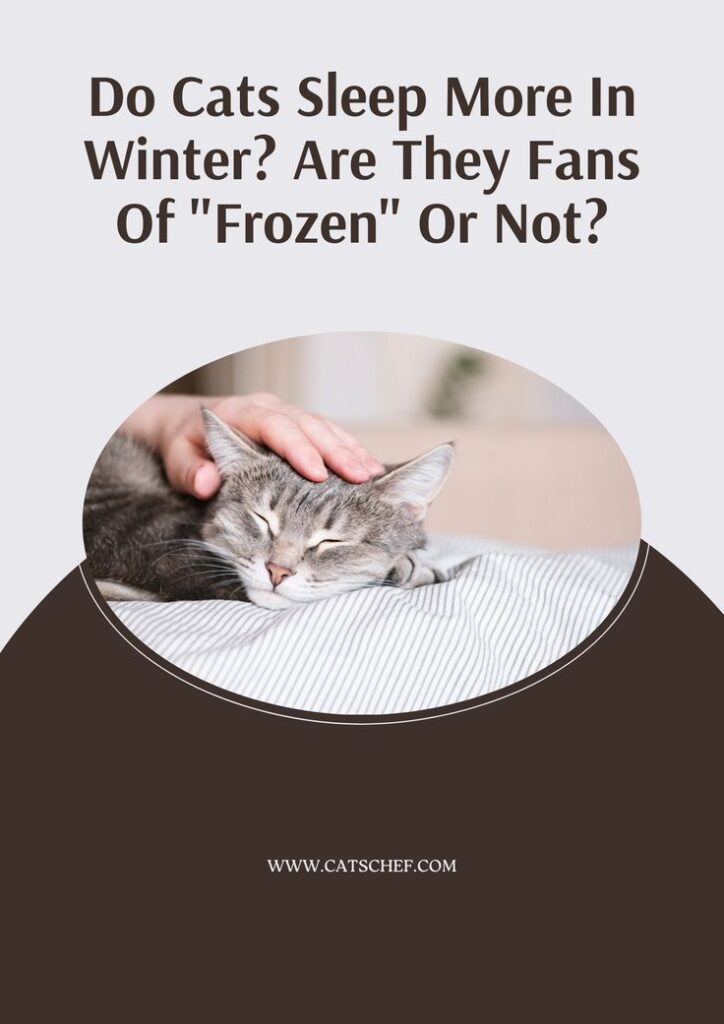Yes, if your cat ate a feather, it could potentially cause health issues. Feathers can pose a choking hazard and may lead to gastrointestinal problems in cats.
Additionally, if the feather is from a bird that has been treated with chemicals or pesticides, it could be toxic to your cat. Therefore, it is important to monitor your cat and seek veterinary assistance if necessary. Feathers are fascinating objects that can captivate both humans and animals alike.
While it may seem harmless for your cat to indulge in a little feather play, it’s essential to consider the potential risks involved. Cats are notorious for their curious nature, and when they stumble upon a feather, their instincts often take over. However, you may be left wondering, “My cat ate a feather! Is this a featherweight problem? ” We will delve into the possible consequences of a feline feasting on feathers and shed light on why you should remain vigilant when it comes to your furry friend’s peculiar snacking habits. So, let’s unravel the delicate truth behind this feathered conundrum without further ado!
Contents
- 1 The Feathery Temptation: Why Cats Are Attracted To Feathers
- 2 Potential Risks And Health Concerns
- 3 Identifying Feather-related Issues In Cats
- 4 Steps To Take When Your Cat Eats A Feather
- 5 Treatment Options And Care For Feather-related Issues
- 6 Preventing Future Feather Mishaps
- 7 Frequently Asked Questions For My Cat Ate A Feather! Is This A Featherweight Problem?
- 8 Conclusion
The Feathery Temptation: Why Cats Are Attracted To Feathers
Humans have long been fascinated by the hunting prowess of cats, as they effortlessly pounce on prey with remarkable precision. Cats possess natural instincts and hunting behaviors that make them irresistible to the allure of feathers. Feathers mimic the movements of prey animals, appealing to a cat’s predatory nature.
Feathers are lightweight and easily caught and swatted, triggering a cat’s hunting instincts. Their soft texture and delicate appearance make feathers a perfect target for play and stimulation.
Common scenarios where cats encounter feathers include bird feathers brought indoors or feathers attached to toys. These encounters provide cats with an opportunity to showcase their hunting skills, providing mental and physical enrichment.
| Natural instincts and hunting behavior of cats | The allure of feathers as prey-like objects | Common scenarios where cats encounter feathers |
|---|---|---|
| Instinctive hunting skills | Lightweight and easy to catch | Bird feathers brought indoors |
| Predatory nature | Soft texture and delicate appearance | Feathers attached to toys |
| Mental and physical enrichment |
Potential Risks And Health Concerns
Feathers can be a tempting and intriguing prey for cats, but their consumption may lead to various challenges for their digestive system. cats’ digestive system is not well-equipped to break down and process feathers, which can result in several health issues. First and foremost, feather consumption can have an impact on a cat’s overall health, as feathers are not easily digestible and can cause gastrointestinal discomfort. Additionally, the ingestion of feathers can pose choking hazards and obstruction risks for cats, especially if they are not able to regurgitate or pass them naturally. Moreover, some cats may exhibit allergic reactions and respiratory problems if they are sensitive to feather dust or dander released during the ingestion process.
Feather ingestion in cats can lead to various health issues. Physical signs such as gagging, vomiting, or coughing up feathers may indicate that your cat has consumed a feather. Additionally, you may notice changes in your cat’s behavior, such as increased aggression or lethargy, which can be indicative of feather-related problems. It is important to seek veterinary assistance and professional advice if you suspect that your cat has ingested a feather. A veterinarian can perform a thorough examination and recommend appropriate treatment options. In some cases, an X-ray or ultrasound may be necessary to determine if there are any obstructions in the digestive tract. Remember, quick action and consultation with a professional can help ensure the well-being of your feline friend.
Steps To Take When Your Cat Eats A Feather
Feathers can be an intriguing plaything for cats, but what should you do if your feline friend actually eats one? It is important to carefully observe your cat’s behavior and assess the situation. Look for signs of discomfort or distress, such as gagging, vomiting, or coughing. If your cat shows any alarming symptoms, it is crucial to seek veterinary attention immediately.
To prevent such situations from occurring in the first place, make sure to keep feathers and other small objects out of your cat’s reach. Engage them with alternate toys and playtime activities that fulfill their hunting instincts. Regularly inspect their surroundings for any potential hazards.
While your cat may pass the feather naturally, it is essential to monitor their health and well-being closely. Keep an eye on their litter box to check for any unusual signs. Ensure they are eating, drinking, and behaving normally. If you notice any changes, consult your veterinarian for guidance. They can provide expert advice tailored to your cat’s specific situation.
Feather-related health issues are common among cats and require prompt attention. In terms of medical interventions, if your cat has ingested a feather, monitor their behavior and stool to ensure it passes through the digestive system without any complications. Immediate veterinary attention is essential if your cat shows signs of choking or discomfort.
Home remedies and precautionary measures can also be beneficial. Regular grooming and maintenance of your cat’s coat can help prevent feathers from becoming tangled or ingested. Providing an enriched living environment with interactive toys, scratching posts, and climbing structures can redirect your cat’s focus away from feathers.
Dietary adjustments are important. Ensure your cat’s diet is nutritionally balanced and meets their specific needs to promote overall health and well-being. Incorporate omega-3 fatty acids into their diet, as they are beneficial for skin and feathers.
Play is crucial for your cat’s mental and physical stimulation. Offering alternative toys, such as interactive puzzles or feather-like toys made from safe materials, can keep them entertained and reduce their fascination with real feathers.
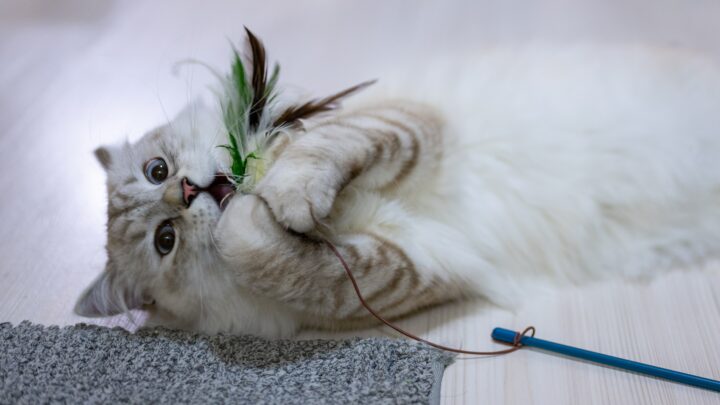
Credit: catschef.com
Preventing Future Feather Mishaps
Feathers can be an enticing plaything for cats, but their tendency to be swallowed poses potential health risks. To prevent future feather mishaps, creating a feather-free environment is essential. Remove any feather toys or items that may be easily accessible for your feline friend. Instead, provide safe and stimulating substitute toys that cater to their hunting instincts, such as interactive puzzle toys or treat-dispensing balls.
In addition to environmental modifications, regular grooming and inspection are necessary to prevent the ingestion of feathers or other small objects. Take time to brush your cat to remove loose fur and potential feather remnants. Regularly inspect their toys and play areas for any signs of wear or damage that may expose feathers. By following these preventive measures, you can ensure your cat remains safe and feather-free.
Frequently Asked Questions For My Cat Ate A Feather! Is This A Featherweight Problem?
What Happens If My Cat Swallowed A Feather?
If your cat swallowed a feather, monitor for any signs of distress or discomfort. Most feathers will pass through their digestive system without any issues. However, if you notice vomiting, lack of appetite, or lethargy, it’s crucial to consult a veterinarian for guidance.
Are Feathers Harmful To Cats?
Feathers can be harmful to cats if they are ingested. Cats may swallow feathers, which can cause digestive issues like blockages or damage. It’s important to keep feathers out of a cat’s reach to prevent any potential harm.
How Long Does It Take For A Cat To Pass An Object?
It typically takes a cat around 24-48 hours to pass objects through their digestive system.
Should I Be Worried If My Cat Eats A Bird?
If your cat eats a bird, it’s natural behavior. However, be cautious as birds can carry diseases or parasites. Keep an eye on your cat for any signs of illness and consider regular deworming and parasite prevention. Providing enough mental and physical stimulation can help deter hunting behavior.
Conclusion
To sum up, if your cat ingests a feather, it may not be a featherweight problem. While feathers are generally harmless, they can pose a risk if they accumulate in the digestive system. Immediate action, such as observing your cat’s behavior and consulting a veterinarian, is crucial to ensure your feline’s health and well-being.
Remember, prevention is key—keep feathers and other small objects out of your cat’s reach to avoid potential hazards. Stay vigilant and provide a safe environment for your beloved pet.
Katie Lindsey is a passionate cat lover and founder of Cats Solution, a comprehensive resource for all things feline. With a lifelong love for cats and extensive knowledge in their care and behavior, she provides expert advice and solutions to cat owners. Through her website, Katie fosters a supportive community where cat enthusiasts can find guidance and heartwarming stories. A dedicated advocate for animal welfare, Katie also promotes responsible pet ownership and adoption. Join her on this purr-fect journey celebrating the joy of feline companionship.
